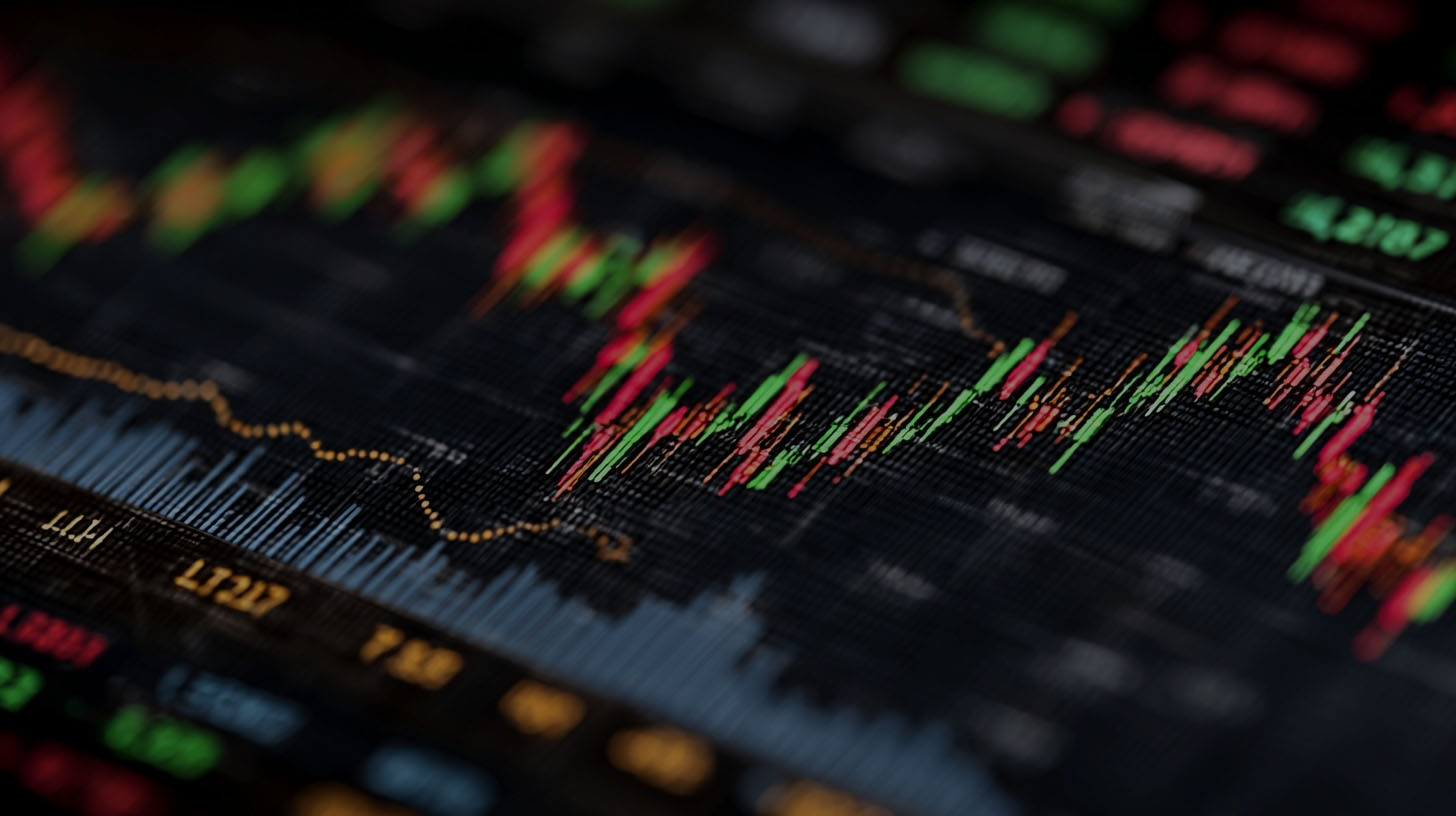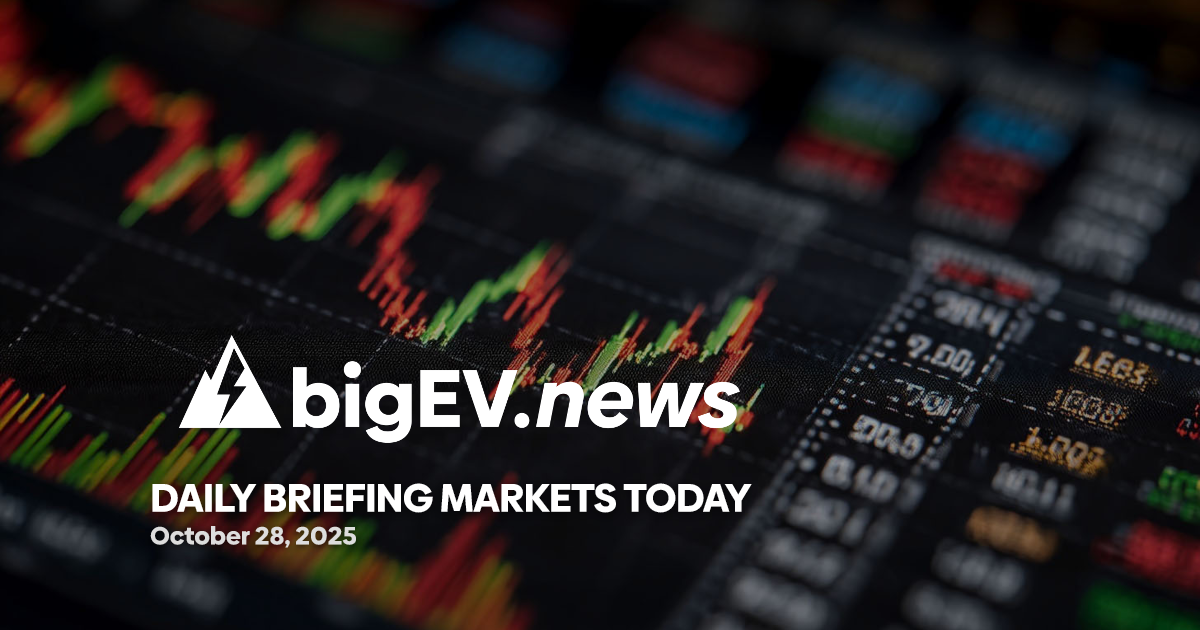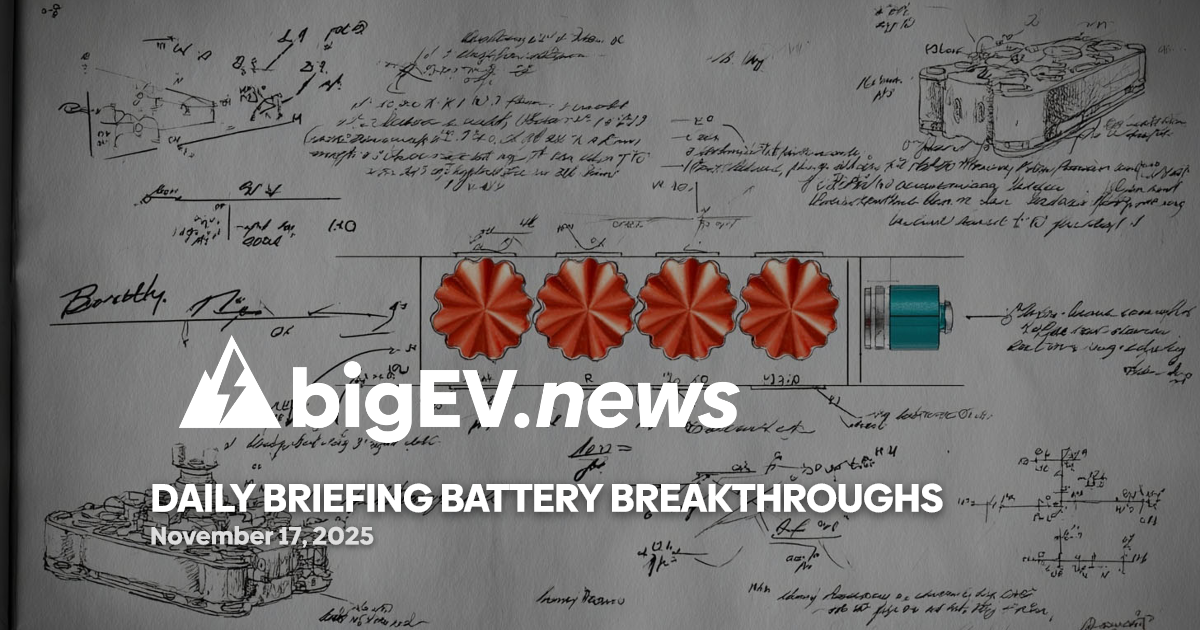A surge in clean technology investments, AI-powered energy demand, and new regulatory actions are reshaping global markets and investor sentiment.
At a glance – The past 24 hours saw global clean technology markets continue their rapid expansion, with the sector projected to reach $1,013.25 billion in 2025 and a compound annual growth rate of 12.7% through 2030. Asia Pacific remains the dominant region, accounting for over half of global revenue, while India is forecasted to post the fastest growth. The sector’s momentum is fueled by declining renewable energy costs, battery storage breakthroughs, and the proliferation of electric vehicles. Notably, S&P Global Commodity Insights reported that cleantech energy supply investments—including renewables, green hydrogen, and carbon capture—will total $670 billion in 2025. The sector’s workforce also expanded, with more than 19,000 new hires globally in the last year, and patent filings rose by 17%, led by China and the US. These trends underscore the sector’s resilience and its central role in addressing climate change and energy security.
Technology advance – In a major product launch, Siemens Energy unveiled its next-generation grid-scale battery storage system, GridBoost X, designed to support renewable integration and grid modernization in North America and Europe. The system boasts a 20% improvement in energy density and a modular design for rapid deployment, targeting utilities and independent power producers seeking to balance intermittent solar and wind resources. Meanwhile, in artificial intelligence, Google DeepMind announced a collaboration with National Grid UK to deploy AI-driven predictive analytics for real-time grid balancing, aiming to reduce curtailment of renewables and lower system costs. In marine technology, Norway’s Corvus Energy launched its BlueWhale marine battery, optimized for electric propulsion in commercial shipping, with Maersk set to pilot the system on transatlantic routes. These advances highlight the convergence of AI, storage, and electrification across energy and transportation infrastructure.
Partnerships – Today, General Motors and ABB announced a strategic alliance to co-develop high-efficiency electric vehicle (EV) charging infrastructure for commercial fleets in the US, targeting logistics operators and last-mile delivery services. The partnership will leverage ABB’s fast-charging technology and GM’s Ultium battery platform, with pilot installations planned in California and Texas by Q2 2026. In the distributed energy space, Sunrun and Enphase Energy revealed a joint venture to deploy virtual power plants (VPPs) in New York and Massachusetts, aggregating residential solar and storage assets to provide grid services and demand response. In advanced defense, Lockheed Martin and QuantumScape signed a memorandum of understanding to integrate solid-state batteries into next-generation unmanned aerial vehicles (UAVs), aiming to extend mission endurance and reduce logistical footprints for dual-use applications. These collaborations signal a shift toward integrated, cross-sector solutions in clean energy and mobility.
Acquisitions/expansions – French energy giant TotalEnergies finalized its $1.4 billion acquisition of India’s ReNew Power’s distributed solar portfolio, expanding its footprint in Asia’s fast-growing commercial and industrial solar market. In the electric transportation sector, BYD announced a $600 million investment to build a new EV manufacturing plant in Brazil, targeting both passenger and commercial vehicles for Latin American markets. Meanwhile, US-based QuantumScape disclosed a $350 million capital raise to scale up its solid-state battery production facility in California, with the goal of supplying both automotive and grid storage markets by 2027. In marine renewables, Denmark’s Ørsted secured a 20-year concession to develop a 1.2 GW offshore wind farm off the coast of Taiwan, reinforcing its leadership in Asia-Pacific offshore wind. These moves reflect intensifying competition and capital flows into clean energy, storage, and electrified transport infrastructure worldwide.
Regulatory/policy – The US Department of Commerce announced new tariffs on Chinese lithium-ion battery imports, effective October 1, 2025, citing concerns over dumping and national security. The move is expected to impact US EV and storage manufacturers reliant on Chinese supply chains, prompting calls for accelerated domestic battery production. In Europe, the European Commission approved a €2.5 billion state aid package for hydrogen infrastructure, supporting electrolyzer deployment and green hydrogen production in Germany, France, and Spain. Meanwhile, India’s Ministry of Power issued new guidelines mandating 24/7 renewable energy procurement for large data centers, a policy expected to drive additional demand for solar, wind, and storage projects. These regulatory actions are reshaping supply chains, investment flows, and technology adoption across the clean tech ecosystem.
Finance/business – On Wall Street, clean tech equities experienced heightened volatility, with the S&P Global Clean Energy Index down 1.2% intraday amid concerns over US-China trade tensions and rising raw material costs. However, investor sentiment remained buoyed by strong earnings from NextEra Energy, which reported a 15% year-over-year increase in renewable energy revenue and raised its full-year guidance. In venture capital, Breakthrough Energy Ventures led a $120 million Series C round in Form Energy, a US-based grid storage startup developing iron-air batteries for multi-day energy storage. In the advanced air mobility sector, Joby Aviation’s shares surged 8% after the company received FAA approval for its eVTOL prototype’s first commercial demonstration flights in Los Angeles. These financial developments underscore the sector’s dynamism, with capital flowing into next-generation energy, storage, and mobility solutions despite ongoing macroeconomic and geopolitical headwinds.
Sources: Grand View Research, Deloitte Insights, StartUs Insights, S&P Global Commodity Insights, Siemens Energy, Google DeepMind, Corvus Energy, General Motors, ABB, Sunrun, Enphase Energy, Lockheed Martin, QuantumScape, TotalEnergies, BYD, Ørsted, US Department of Commerce, European Commission, India Ministry of Power, S&P Global, NextEra Energy, Breakthrough Energy Ventures, Joby Aviation.









